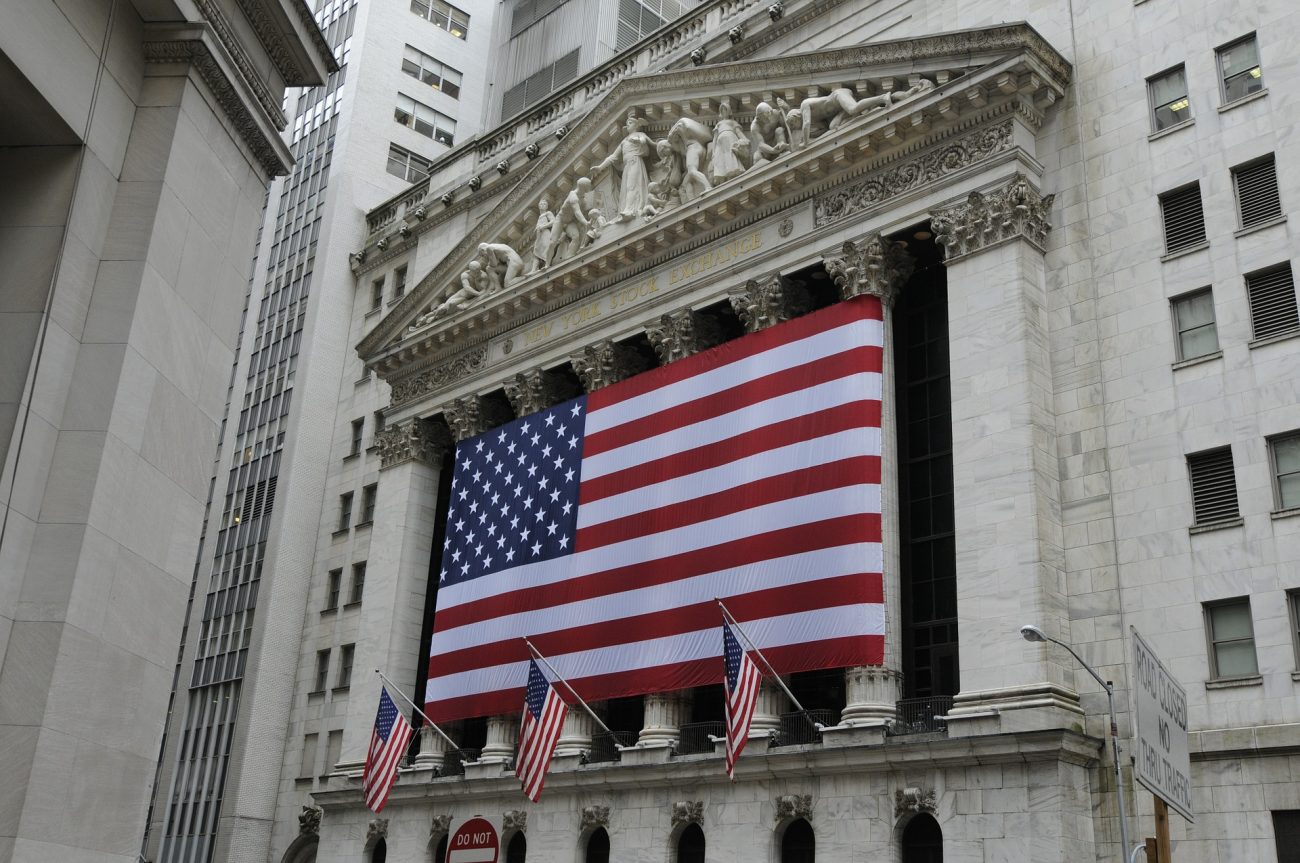Welcome to iGB’s State of the Union, a look at the biggest North American sports betting stories we’ve covered over the week and briefs on others we found interesting.
More money in Missouri
Casino and online gambling companies continue to pour money into campaigns for and against Amendment 2 in Missouri. The proposal, which will be on the November ballot, would legalise statewide mobile and retail sports betting.
Caesars Entertainment, which operates three casinos in the state, added another $3.3m to Missourians Against the Deceptive Online Gambling Amendment Monday (7 October). So far, the company is the only one funding the campaign, and has staked it with with $14.2m to date. The Monday donation came via Caesars’ Tropicana St. Louis property.
Under Amendment 2, Missouri casino companies would be entitled to one digital skin. When the issue was being considered in the state legislature, casino companies would have been able to get one skin per physical location, up to three.
On the “for” side, FanDuel, through BetFair Interactive, Monday donated $5m to Winning for Missouri Education. The contribution brought the total amount from proponents to $31m. FanDuel and DraftKings have both contributed.
Second-hand smoke
For every 40 hours that a casino worker is exposed to second-hand smoke, they lose 12-16 hours of life expectancy. That’s equivalent to about 30 days per year. Such was the takeaway from a G2E panel 9 October from non-smoking advocates, including famed casino social media influencer Brian Christopher.
Christopher, whose YouTube channel has 700,000 subscribers, only features non-smoking casinos in his content. He was joined for the discussion by Cynthia Hallett, CEO of Americans for Nonsmokers’ Rights, and representatives from the Potawatomi and Foxwoods casinos. Both tribal properties have stayed smoke-free since the pandemic.
While the quartet’s discussion and data points against smoking in casinos were compelling, the industry has rejected the movement thus far. New Jersey has become the primary battleground for the issue. The UAW has said it will pull out of the state. Last year, legislation banning smoking was debated but pulled from a vote at the last minute. And a lawsuit from casino workers and their union earlier this year was unsuccessful.
Jess Marquez
How to handle wagering proceeds on CO ballot
Five years after Colorado voters legalised statewide retail and digital sports betting, Coloradans will again consider a ballot initiative related to betting. Up to $29m tax dollars from legal wagering are earmarked for the state’s water project. But it turns out that legal betting is bringing in more money than expected, and lawmakers want to increase the cap, according to Colorado Public Radio (CPR).
In 2023, the state took in about $27.4m and CPR said a state analysis predicts that the state will surpass $36m in the next two years. Per the current law, any tax dollars above those that cover regulation costs plus the $29m would be returned to operators. Colorado taxes sports betting at 10% of gross gaming revenue.
Here’s what voters will see on the ballot:
Proposition 22
Without raising taxes, may the state keep and spend all sports betting tax revenue above voter-approved limits to fund water conservation and protection projects instead of refunding revenue to casinos?
Hard Rock CEO: Open to Florida partners
Hard Rock International and Seminole CEO Jim Allen told CNBC this week that his company is open to partnerships with commercial sports betting partners in Florida. Allen made the comments at the Global Gaming Expo (G2E) in Las Vegas.
“I would say whether it’s FanDuel or whether it’s DraftKings, we’ve actually developed a great relationship with them,” he said.
But any Florida partnership would require a commercial operator to pay 60% of revenue to the Seminole Tribe, per the Indian Gaming Regulatory Act. The tribe has exclusivity for casino gambling in Florida through the 2021 compact. The compact interprets IGRA to say that bets may be considered placed where accepted. All bets in the state must flow through servers in Indian Country. In addition to the amount a commercial operator would have to pay the Seminoles, the compact also requires that tribal partners put their tech stack on the Seminole’s Hard Rock server.
Worth the read
Earlier in the week, ESPN’s Dave Purdy teased a coming NCAA story about athlete harassment. Thursday, he gave the full picture. The study reveals that female athletes are three times more likely than male athletes to be harassed. It also shows that 80% of harassing posts are sent during March Madness.
“I was shocked by the volume in addition to the profanity that was being directed at the kids,” NCAA president Charlie Baker told ESPN.
Read the full story here.
ICYMI on iGB
California sports betting coming …. maybe as soon as 2026
Lobbyists bullish on Texas legalisation
Nevada Gaming Commission Approves GAN-Sammy Sega deal
With NY live, Penn execs focus on what’s next for ESPN Bet

